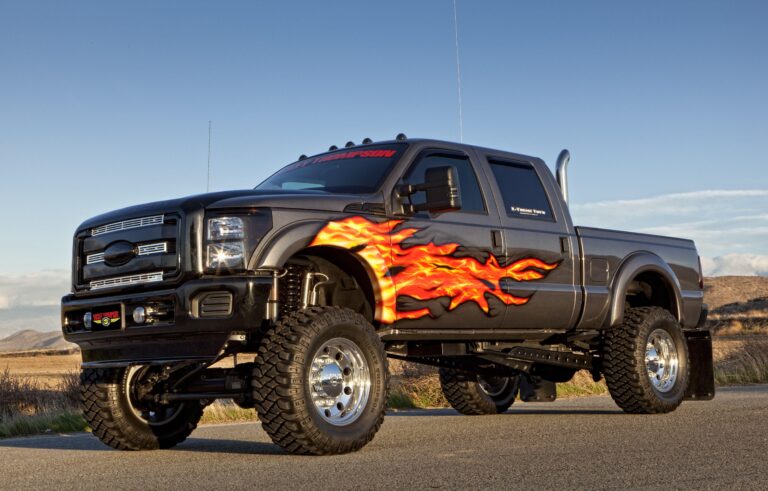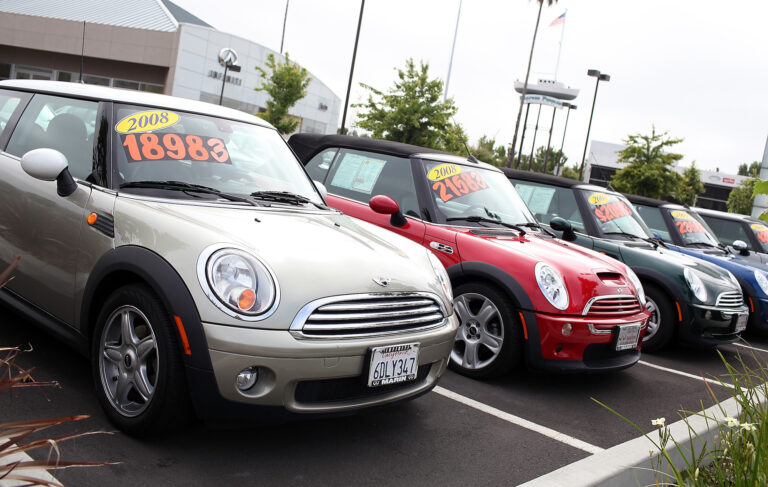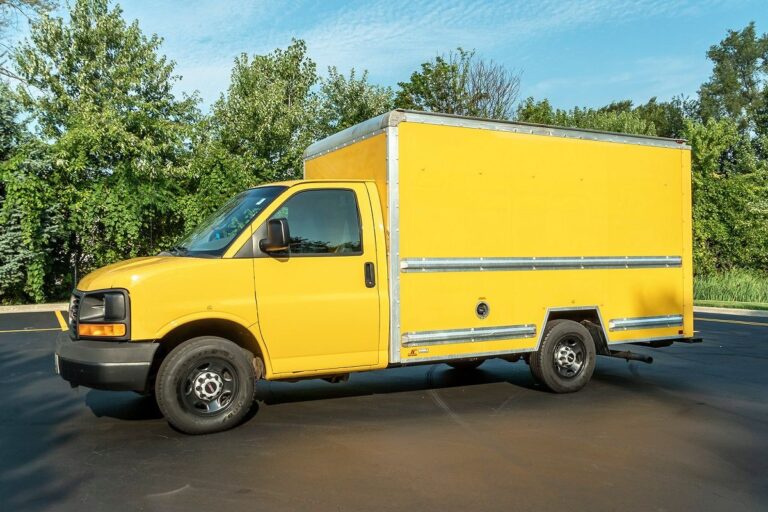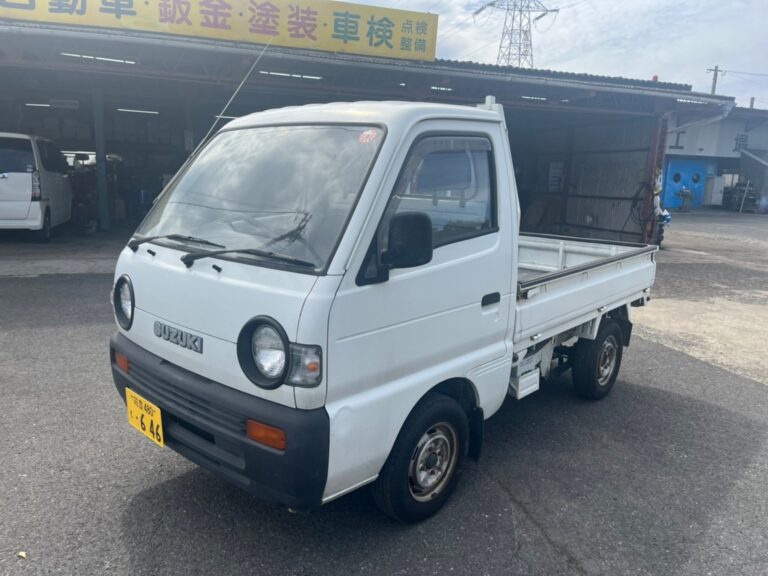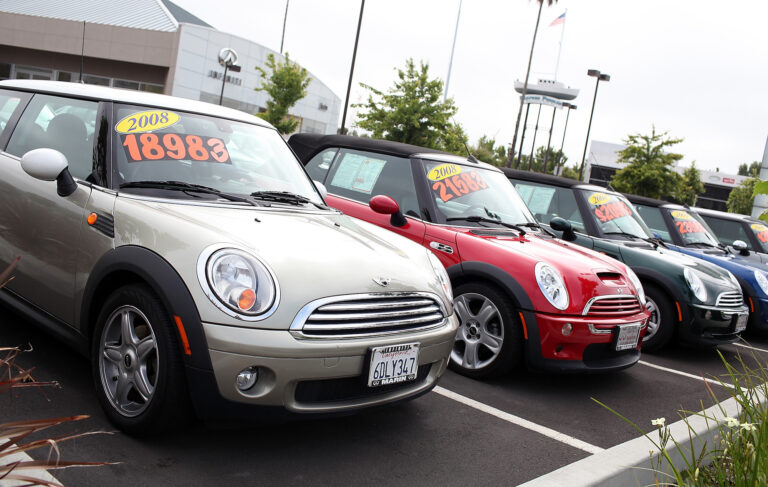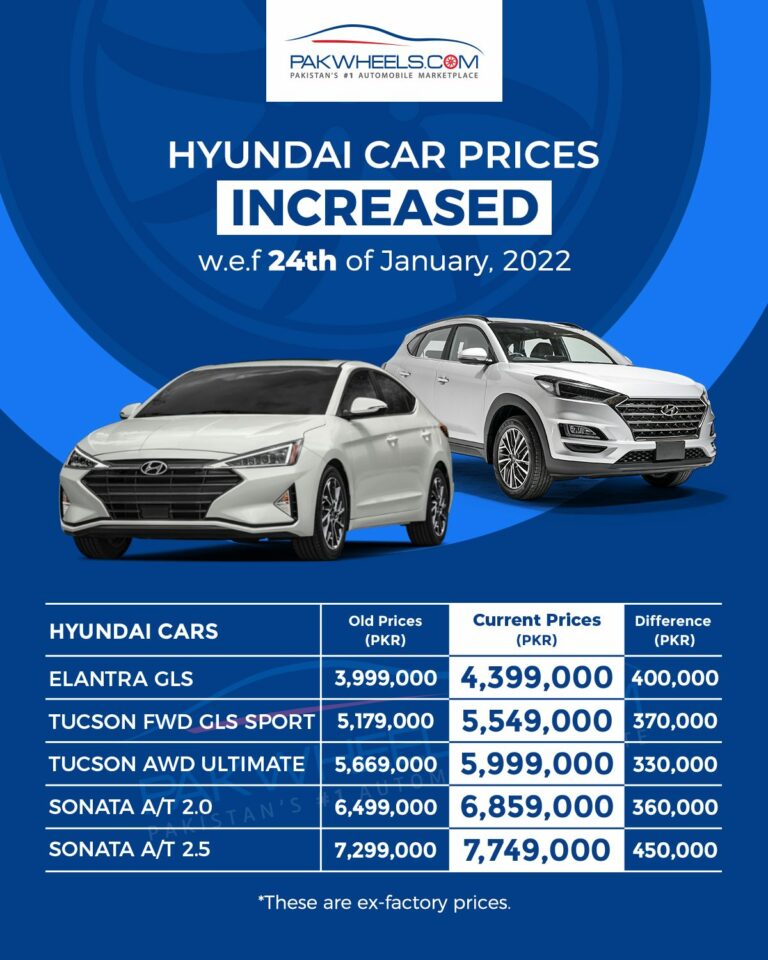Used Ford Western Hauler Trucks For Sale: Your Ultimate Guide to Heavy-Duty Hauling
Used Ford Western Hauler Trucks For Sale: Your Ultimate Guide to Heavy-Duty Hauling cars.truckstrend.com
For those who live life on the open road, whether it’s with a horse trailer in tow, a fifth-wheel RV as a home, or livestock destined for the next ranch, the need for a robust, reliable, and comfortable towing vehicle is paramount. Enter the Ford Western Hauler truck. More than just a heavy-duty pickup, a Western Hauler is a specialized, often custom-built, beast of burden designed to tackle the most demanding towing tasks with ease and style. When considering a used model, you’re not just buying a truck; you’re investing in a proven workhorse that combines immense power with the amenities needed for long-distance hauling, all while offering significant cost savings over a new custom build.
This comprehensive guide will delve into the world of used Ford Western Hauler trucks, exploring what makes them unique, why they’re an excellent used vehicle choice, crucial buying considerations, and practical advice to ensure you find the perfect partner for your hauling adventures.
Used Ford Western Hauler Trucks For Sale: Your Ultimate Guide to Heavy-Duty Hauling
What Makes a Ford a "Western Hauler"?
The term "Western Hauler" typically refers to a Ford F-Series heavy-duty truck (F-250, F-350, F-450, or even F-550) that has been specifically modified or upfitted for extreme towing and long-haul comfort. While some companies have historically produced branded "Western Hauler" packages, the term has become a generic descriptor for these highly capable rigs.
Key characteristics and modifications often found in a Ford Western Hauler include:
- Heavy-Duty Powertrains: Almost exclusively equipped with Ford’s legendary Power Stroke diesel engines (7.3L, 6.0L, 6.4L, or 6.7L), paired with robust automatic transmissions (like the TorqShift), providing immense torque and durability.
- Custom Beds: A defining feature. These are often flatbeds, utility beds, or specialized "haul-bed" designs featuring integrated fifth-wheel or gooseneck hitches, ample storage compartments, and auxiliary fuel tanks. They are built for functionality over aesthetics.
- Enhanced Suspension: Upgraded springs, shocks, and sometimes air-ride systems to manage heavy tongue weights and provide a smoother ride under load.
- Extended Cabs/Crew Cabs: Maximizing interior space for passengers and gear, essential for long trips.
- Luxury & Comfort Amenities: Often feature upgraded leather interiors, advanced infotainment systems, comfortable seating, and sometimes even sleeping arrangements or additional storage, making long hauls less taxing.
- Heavy-Duty Drivetrain Components: Reinforced axles, larger brakes, and sometimes dual rear wheels (duallies) for maximum stability and towing capacity.

These trucks are purpose-built for serious work, whether it’s pulling a multi-horse trailer across states, an oversized RV for full-time living, or heavy equipment to a job site.
Why Choose a Used Ford Western Hauler?
Opting for a used Ford Western Hauler offers a compelling list of advantages for the discerning buyer:
- Significant Cost Savings: The primary benefit. New custom-built haulers can easily cost upwards of $80,000 to well over $150,000. A used model, even a few years old, can be acquired for a fraction of that price, offering immense value.
- Proven Durability and Reliability: Ford’s F-Series trucks, especially their Power Stroke diesels, are renowned for their longevity when properly maintained. Many used Western Haulers have already proven their mettle on the road.
- Ready-to-Go Functionality: Unlike a standard pickup, a used Western Hauler typically comes with all the necessary towing infrastructure already installed – fifth-wheel hitch, integrated brake controller, auxiliary fuel tanks, and custom lighting. This saves considerable time and expense on aftermarket installations.
- Access to Customizations: Many used haulers boast high-quality, often expensive, aftermarket modifications and custom touches that would be prohibitive to add to a new truck. You get these upgrades as part of the package.
- Strong Resale Value: Due to their specialized nature and inherent utility, well-maintained used Western Haulers tend to hold their value better than standard trucks, making them a sound investment.
Key Considerations When Buying a Used Ford Western Hauler
Purchasing a used heavy-duty truck, especially one with specialized modifications, requires careful consideration.
- Engine Type and History: The Power Stroke diesel engine is the heart of a Western Hauler.
- 7.3L Power Stroke (1994.5-2003): Legendary for its reliability, though less powerful than newer engines. Often found in older, more affordable haulers.
- 6.0L Power Stroke (2003.5-2007) & 6.4L Power Stroke (2008-2010): Known for specific factory design flaws that can lead to costly repairs (e.g., EGR cooler, oil cooler, head gaskets). Many owners "bulletproof" these engines with aftermarket kits to address these issues. Crucially, inquire if a 6.0L or 6.4L has been bulletproofed, and ask for documentation. If not, factor the cost of this work into your budget.
- 6.7L Power Stroke (2011-Present): Generally considered highly reliable and immensely powerful. These will be found in newer, more expensive used models.
- Maintenance Records: This is paramount for any diesel. Look for consistent oil changes, fuel filter replacements, coolant flushes, and transmission services.
- Towing Capacity and Your Needs: Ensure the truck’s Gross Vehicle Weight Rating (GVWR) and Gross Combined Weight Rating (GCWR) exceed your maximum anticipated trailer weight. Always err on the side of having more capacity than you think you need.
- Mileage: High mileage is common for these trucks, but it’s less of a concern if accompanied by meticulous maintenance records. Diesel engines are built to run for hundreds of thousands of miles.
- Frame and Rust Inspection: Thoroughly inspect the frame for any signs of bending, cracks, or severe rust, especially around suspension mounting points and the custom bed. Check cab corners, rocker panels, and wheel wells for body rust.
- Custom Bed Condition: Examine the custom bed for structural integrity, rust, damage, and the condition of the fifth-wheel or gooseneck hitch. Test all auxiliary lights and power outlets.
- Transmission and Drivetrain: Check for smooth shifts, no slipping, and listen for unusual noises. Test 4×4 engagement if applicable.
- Tires and Brakes: These are significant wear items. Look for even tire wear, adequate tread depth, and check brake pad thickness.
- Interior Condition: Assess wear and tear on seats, dashboard, and controls. Ensure all amenities (A/C, heating, power windows, sound system) are functional.
- Aftermarket Modifications: Understand what modifications have been made (engine tuning, exhaust, suspension lifts). While some are beneficial, poorly installed or extreme modifications can lead to issues.
- Pre-Purchase Inspection (PPI): This is non-negotiable. Have a trusted independent mechanic specializing in heavy-duty trucks (especially diesels) perform a comprehensive inspection, including a computer diagnostic scan.
Where to Find Used Ford Western Hauler Trucks
- Online Marketplaces: Websites like AutoTrader, Cars.com, eBay Motors, and RVTrader.com are excellent starting points. Use keywords like "Western Hauler," "tow vehicle," "fifth wheel truck," or "gooseneck truck."
- Specialized Dealerships: RV dealerships, heavy-duty truck dealers, or dealerships catering to the equine community often have these specialized vehicles.
- Private Sellers: Check local classifieds, truck forums, and Facebook groups dedicated to heavy-duty towing or specific Ford truck models. Private sales can offer better negotiation room but require more due diligence.
- Auctions: Government surplus or commercial vehicle auctions can sometimes yield a gem, but these are typically "as-is" sales with limited inspection opportunities.
Tips for a Successful Purchase
- Define Your Needs: Be clear about what you’ll be towing (weight, type of hitch) and how often. This will dictate the required towing capacity, engine, and bed type.
- Set a Realistic Budget: Include not just the purchase price, but also potential immediate repairs, registration, insurance, and any desired upgrades.
- Research Specific Years/Models: Familiarize yourself with known issues for the specific Power Stroke engine in the model years you’re considering.
- Ask for Detailed Photos and Videos: If buying remotely, request comprehensive visuals of the exterior, interior, engine bay, undercarriage, and custom bed.
- Test Drive Thoroughly: Drive on various roads, including highways, and if possible, with a heavy trailer to truly assess its performance under load.
- Negotiate Confidently: Be prepared to walk away if the price or condition isn’t right.
Potential Challenges and Solutions
- High Mileage Concerns: While common, high mileage demands a more rigorous inspection and a complete service history. Solution: Prioritize maintenance records and a thorough PPI.
- "Bulletproofing" Costs: For 6.0L/6.4L Power Strokes, this can be a $5,000-$10,000 expense. Solution: Seek trucks where this work has already been completed with documentation, or factor it into your budget.
- Finding the Right Configuration: Specialized trucks can be rare. Solution: Be patient, broaden your search radius, and be willing to travel for the right vehicle.
- Undisclosed Issues: The biggest risk with any used vehicle. Solution: A professional PPI is your best defense against unexpected problems.
- Financing Older, Higher-Value Trucks: Some lenders may be hesitant. Solution: Explore credit unions or specialized lenders that deal with RVs or commercial vehicles.
Used Ford Western Hauler Trucks: Representative Price Guide
Please note: Prices for used vehicles vary significantly based on year, mileage, engine type, condition, maintenance history, specific custom modifications, and geographic location. This table provides a general estimate for well-maintained models. "Western Hauler" refers to trucks with custom beds and enhanced features.
| Model Year Range | Engine Type (Ford) | Typical Mileage Range | Estimated Price Range (USD) | Key Considerations / Notes |
|---|---|---|---|---|
| 2000-2007 | 7.3L Power Stroke | 150,000 – 300,000+ | $15,000 – $35,000+ | 7.3L: Highly desirable for reliability. Check for rust on older frames. 6.0L: Crucial to verify if "bulletproofed." Lower cost if not, but factor in potential repairs. |
| 2008-2010 | 6.4L Power Stroke | 120,000 – 250,000+ | $20,000 – $40,000+ | 6.4L: Also crucial to verify "bulletproofed" status. Can be very powerful but risky if not addressed. Prices reflect condition and modifications. |
| 2011-2016 | 6.7L Power Stroke | 80,000 – 200,000+ | $30,000 – $60,000+ | 6.7L: Generally very reliable and powerful. Check emissions system (DPF/DEF) condition. More modern features. |
| 2017-Present | 6.7L Power Stroke | 30,000 – 150,000+ | $50,000 – $90,000+ | Newer models with higher towing capacities and advanced tech. Premium pricing due to age and lower mileage. |
Frequently Asked Questions (FAQ)
Q1: What’s the "best" Power Stroke engine for a used Western Hauler?
A1: The "best" depends on your priorities.
- 7.3L (1994.5-2003): Renowned for extreme reliability and simplicity, but less power. Great for budget and long-term durability.
- 6.7L (2011-Present): Offers the most power, refinement, and modern features, with strong reliability. It’s the most expensive option.
- 6.0L (2003.5-2007) & 6.4L (2008-2010): Can be excellent performers if they have been properly "bulletproofed" (common aftermarket fixes for known factory issues). If not, they carry significant risk of expensive repairs. Always verify documentation for bulletproofing.
Q2: Can I convert a regular F-Series truck into a Western Hauler myself?
A2: Yes, it’s possible, but it’s a significant undertaking and often more costly than buying one already converted. You’d need to source and install a custom bed, heavy-duty hitch, potentially upgrade suspension, and possibly enhance cooling or braking systems. It’s generally more economical and efficient to purchase a truck already set up as a Western Hauler.
Q3: How much towing capacity do I really need?
A3: Always calculate the Gross Vehicle Weight Rating (GVWR) of your fully loaded trailer (including water, gear, and supplies), not just its dry weight. Then, look for a truck with a towing capacity that comfortably exceeds that number. Factor in the truck’s Gross Combined Weight Rating (GCWR) and Gross Axle Weight Ratings (GAWRs) to ensure safe and legal operation. More capacity is always better.
Q4: Is a high-mileage diesel truck a bad idea?
A4: Not necessarily. Diesel engines are built for durability and longevity. A high-mileage diesel that has been meticulously maintained with a complete service history can be a much better purchase than a lower-mileage truck that has been neglected. A thorough pre-purchase inspection is critical regardless of mileage.
Q5: What are common rust spots to check on older Ford Western Haulers?
A5: Key areas include the frame rails (especially near suspension components and where the custom bed mounts), rocker panels, cab corners, wheel wells, and the underside of the custom bed itself. Pay close attention to any areas where water and salt might collect.
Conclusion
A used Ford Western Hauler truck represents an exceptional value proposition for anyone needing serious towing capability without the prohibitive cost of a new, custom-built rig. These specialized vehicles are engineered to handle the toughest tasks, offering a blend of raw power, robust construction, and surprising comfort for long journeys.
By understanding what defines a Western Hauler, recognizing the benefits of buying used, and meticulously navigating the buying process with careful inspection and research, you can confidently acquire a reliable, powerful, and cost-effective partner for your heavy-duty hauling needs. Whether it’s for equine pursuits, RV adventures, or professional transport, the right used Ford Western Hauler is waiting to hit the road with you.
